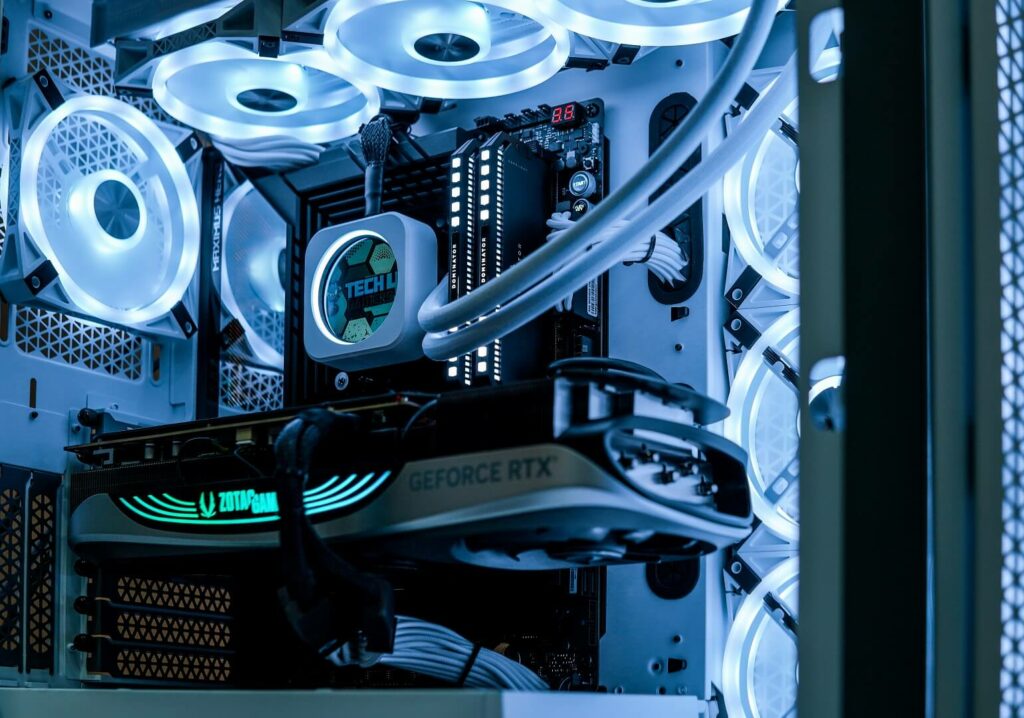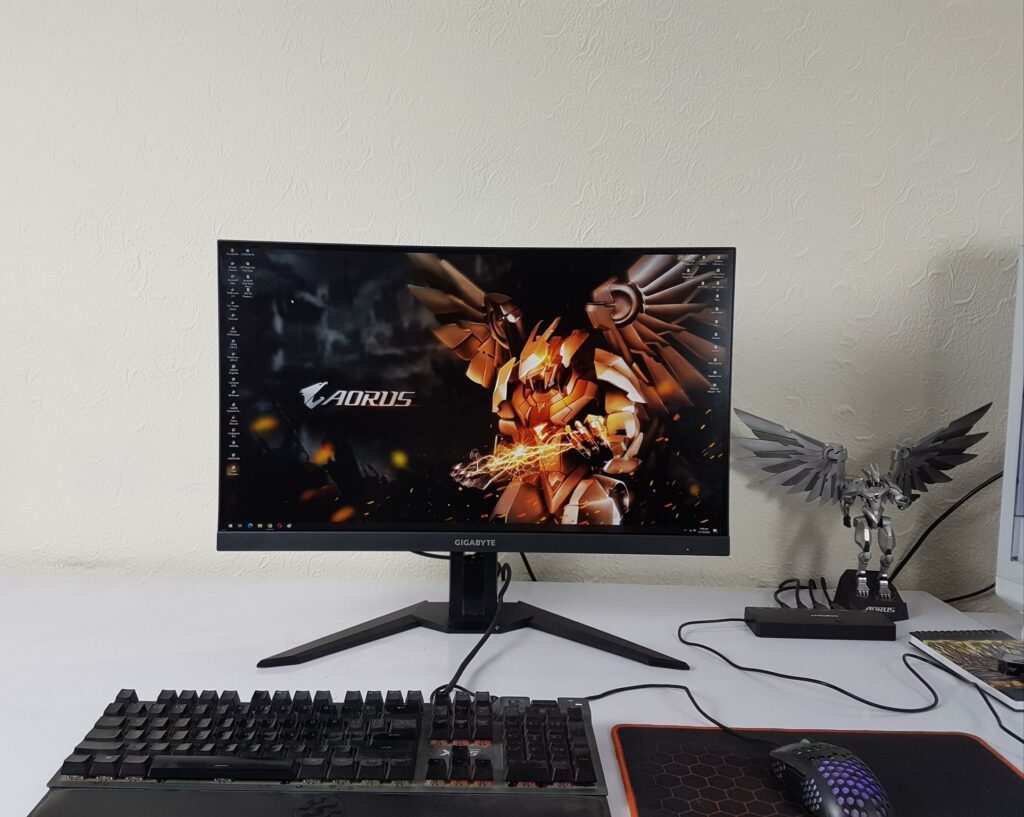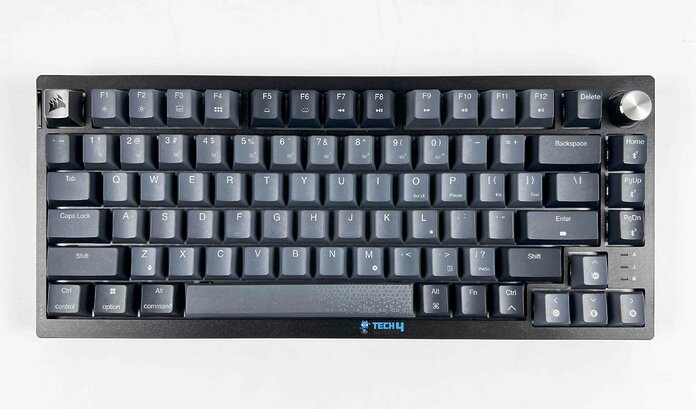- I took on the task of addressing some common misconceptions about PC gaming.
- Some myths I busted are that PC gaming is expensive, Going above 60 FPS won’t improve your experience, and that Building a gaming PC is difficult.
Like any other field, PC gaming is not short of being surrounded by different myths, many of which are false. PC gaming can better prosper without them and can make PC gaming a better experience for all. So, I’ll address some common myths surrounding PC gaming; let’s get into it!
PC Gaming Is Expensive
This is arguably the most damaging myth about PC gaming, and it has been pushed forward primarily compared to console gaming. Gaming consoles don’t give you many options, but PC gaming does, so a decent gaming PC can cost as little as $200 (if you hunt in the used market) or even as much as $5000 if you want the absolute pinnacle experience.

When you look at consoles, they are affordable and accessible, no doubt about it. I’m not going to get into the PC vs. console gaming argument, but you can get a very capable one for under $500 (for example, this build we made). Also, let’s not forget that PCs can do a lot more than play games!
Going Over 60 FPS Won’t Improve Your Experience
Modern monitors have come far, with the fastest monitors now supporting a whopping 500Hz refresh rate. While there’s no consumer-grade hardware to run your games at 500 FPS, 1080P 240Hz, 1440P 144Hz, or even 4K 144Hz is achievable. However, a common argument is that “the human eye can’t see more than 60 FPS,” which would make high-refresh-rate monitors pointless.

The argument is false since FPS is just a measure of how many frames appear on our screen. And, while it gets harder and harder to distinguish as it increases, there’s still an evident difference that you can only really notice once you see for yourself. It makes all the difference in competitive gaming, with some CS2 pros shifting to 360Hz, for example.
More VRAM Means Better Performance
Depending on the scenario, more VRAM can improve gaming performance, but a lot more goes into a GPU that will dictate its gaming performance. The most important component is the shading units that are responsible for rendering scenes, including the colour and textures.
The VRAM aids in the process, and too little of it can mean significantly less FPS, but having more VRAM than a game needs will not improve your FPS.
Building A Gaming PC Is Difficult
This is one of the misconceptions I would really like to address. People getting into PC gaming seem to think that building a PC is rocket science, and so opt for pre-builts with a bad value. In reality, it’s pretty easy and only requires a good screwdriver and fairly steady hands (plus a good tutorial like ours).
The Minimum And Recommended Requirements Dilemma
Many of the given minimum requirements for a game tend to be accurate (meaning they refer to the minimum requirements required to run the game with sub-optimal FPS). However, other developers list requirements above this “sub-optimal performance bar” to recommend the list of hardware you should keep as a baseline for an enjoyable experience.

Recommended requirements are a different gravy. Since there is no standard for what settings you’ll be able to run a game smoothly at, some of these will generally be aimed at “high settings with a smooth experience.” In contrast, others list hardware that is overkill, even at maximum graphics preset.
The best thing to do is research a bit on platforms like YouTube and Google to find the best hardware for your preferred preset (like 1080P high settings) for a game.
You’re Limited To The Mouse And Keyboard Combo
Most PC games, especially those that started on consoles and later came to PCs, support controllers. This includes the Xbox and PlayStation DualSense controllers.
Steam also went so far also to introduce a controller that supports all games on its platform. So, console gamers can seamlessly switch to the PC platform even if they don’t want to switch to the keyboard and mouse combo.
It’s Time To Move On!
PC gaming myths have found a significant place in the community, but many of them are completely false. I’ve addressed six of them, but it’s important to be on the lookout for other, less significant ones; always do your own research!
Thank you! Please share your positive feedback. 🔋
How could we improve this post? Please Help us. 😔
[Hardware Reviewer]
Hi! I’m Ali Tauseef, and I have been writing for Tech4Gamers since 2022. I love all things computer hardware but am particularly fond of CPUs and motherboards, and I like to stay up-to-date about the latest advancements in these worlds, and when possible, write about it. When I’m not doing that, I like to get into a little FPS action in CS2 or get lost in the vast world of RDR2.
Get In Touch: ali@tech4gamers.com






